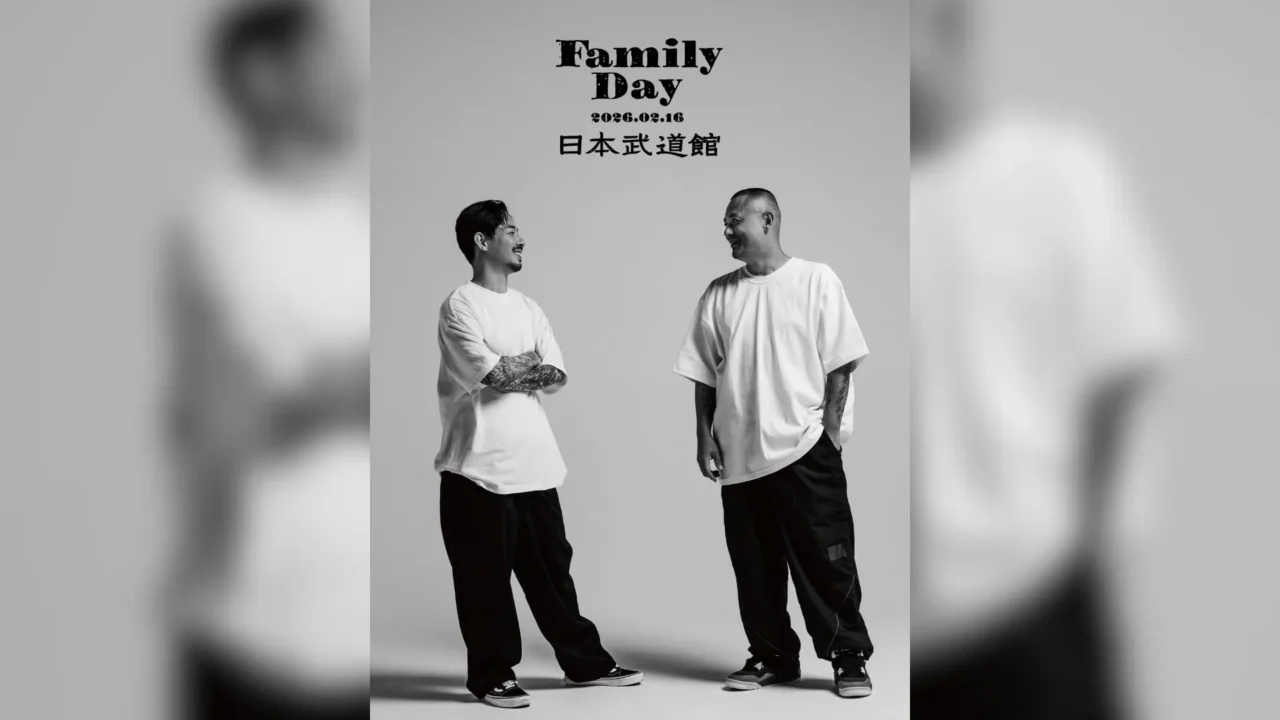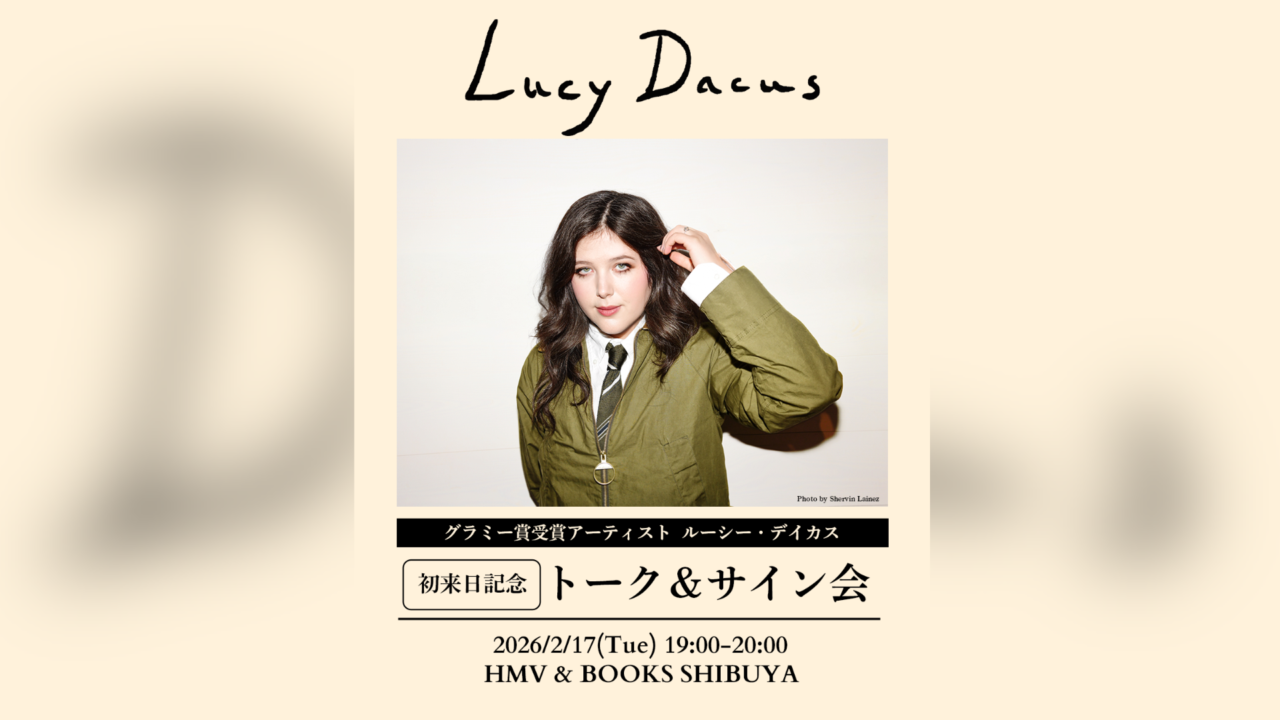When an author’s intent aligns seamlessly with their work’s realization, it sparks a thrilling connection. Yet, some pieces evoke profound emotions even when their creators can’t articulate their “why” or “how.” In the captivating dialogue between OGRE YOU ASSHOLE and researcher Pegio Gungi, these complexities unfold. As we explore the notion of “natural intelligence” as the antithesis of “artificial intelligence,” this article invites you to dive into a thought-provoking 100-minute conversation that examines the depths of creativity. Let’s begin with a preface by critic Yuji Shibasaki, who led this insightful discussion.
INDEX

Renowned as one of the top contemporary live bands, OGRE YOU ASSHOLE has garnered a substantial following with their mellow psychedelia. After developing a guitar sound synchronized with 2000s US indie, they solidified their reputation through a conceptual trilogy—”homely,” “100 years later,” and “paper craft”—which incorporates elements of psychedelic rock and krautrock. They have graced the stages of the FUJI ROCK FESTIVAL, performing at the WHITE STAGE in 2014 and the RED MARQUEE in 2022. In September 2024, they released their latest album, “Nature and Computer.”
INDEX
Has Music Transformed into Just “Information”?
Since when has music, which should fundamentally be a “creation,” come to feel like mere “information”? This issue likely extends beyond music itself; perhaps it’s not entirely accurate to say it has “turned into” something else. It might just be that we have become so accustomed to viewing everything as quantifiable “information.”
Nonetheless, it’s increasingly clear that musical creations are circulating as formulaic content, with only those that thrive in the competition for attention and sales being remembered, while many exceptional “creative” works slip into oblivion. This reality is becoming harder to ignore. If I were to reflect on my own susceptibility to these trends, I could only respond with uncertainty.
How can we salvage these works? More specifically, how can contemporary creators reinvigorate “creativity” in their expressions? Furthermore, how can we, as audiences—who often are creators ourselves—truly uncover “creativity” within them?
If discovering valuable insights requires us to look beyond naive critiques of capitalism, then what we need may be a different level of thinking. In this article, I will explore this idea through the lens of “natural intelligence.” Pegio Gungi, a professor at Waseda University and a Ph.D. in science, discusses this concept in his book Natural Intelligence (2019, Kodansha).
An absolute external presence that cannot be seen or heard, entirely unpredictable yet sensed, and that must be embraced when it manifests. To await something emerging from this complete externality and to find a way to coexist with it—that is the essence of natural intelligence.
——Pegio Gungi, Natural Intelligence, p. 9

Born in 1959. Graduated from Tohoku University with a degree in Science and completed the doctoral program at the Graduate School of Science at the same university. He holds a PhD in Science. After serving as a professor in the Department of Earth and Planetary Sciences at Kobe University, he is currently a professor in the Department of Advanced Molecular Science and Engineering at Waseda University. His published works include The Science of Being Alive (Kodansha Contemporary New Books), The Philosophy of Living and Raw Beings, Life No. 1, Life, Without a Tremor, Where Does the Memory of Once Living in That Game World Come From? (all published by Seido-sha), The Swarm Has Consciousness (PHP Science World New Books), Natural Intelligence (Kodansha Selected Books), It Comes (Igaku-Shoin), and TANKURI (co-authored with Kyoko Nakamura, Suiseisha), among many others.
Natural Intelligence differs fundamentally from AI (artificial intelligence), which, despite its remarkable advancements, constructs a “perceptual world” based solely on its utility and values. In contrast, Natural Intelligence patiently awaits to embrace the world, striving to keenly sense the “external.”
However, the “external” in this context does not refer to some unknown information that has yet to be learned but will be learned in the future. It signifies a thorough externality unrelated to such ways of knowing; creativity is inherently an unquantifiable endeavor achieved solely through what “comes from” that external.
Let us question once more: In a time when AI-like thought processes are rapidly proliferating across all fields, is the act of creation and the existence of art destined to be subordinate to some purpose or convenience? Absolutely not. The act of engaging in creativity with “Natural Intelligence” fully activated will surely draw in a vastly different and rich “external.”
The rock band OGRE YOU ASSHOLE is currently one of the most self-aware practitioners of this “Natural Intelligence” in their creative activities. In an interview at the time of their EP Outside the House release last year, they mentioned being greatly inspired by Pegio Gungi’s work It Comes (2020, Igaku-Shoin). Now, about a year later, their new album “Nature and Computer,” released for the first time in five years, was also inspired significantly by that book and other works by Gungi.

“Nature and Computer” Artwork (Available on various streaming services)
Manabu Deto, a member of OGRE YOU ASSHOLE, shared the following in an email during the planning stage of this article:
“There’s a sudden sensation of ‘I’ve done it’ or ‘I understand’ while creating, but I’m not quite sure what it is. However, it feels like it comes from the outside.”
What exactly is “Natural Intelligence”? Furthermore, what does “external” mean in the context of creativity, and what does “completion” entail in the process of making art? In this valuable roundtable discussion, we will hear from Daito, fellow OGRE YOU ASSHOLE member Takushi Katsuura (Dr), and Pegio Gungi.
























